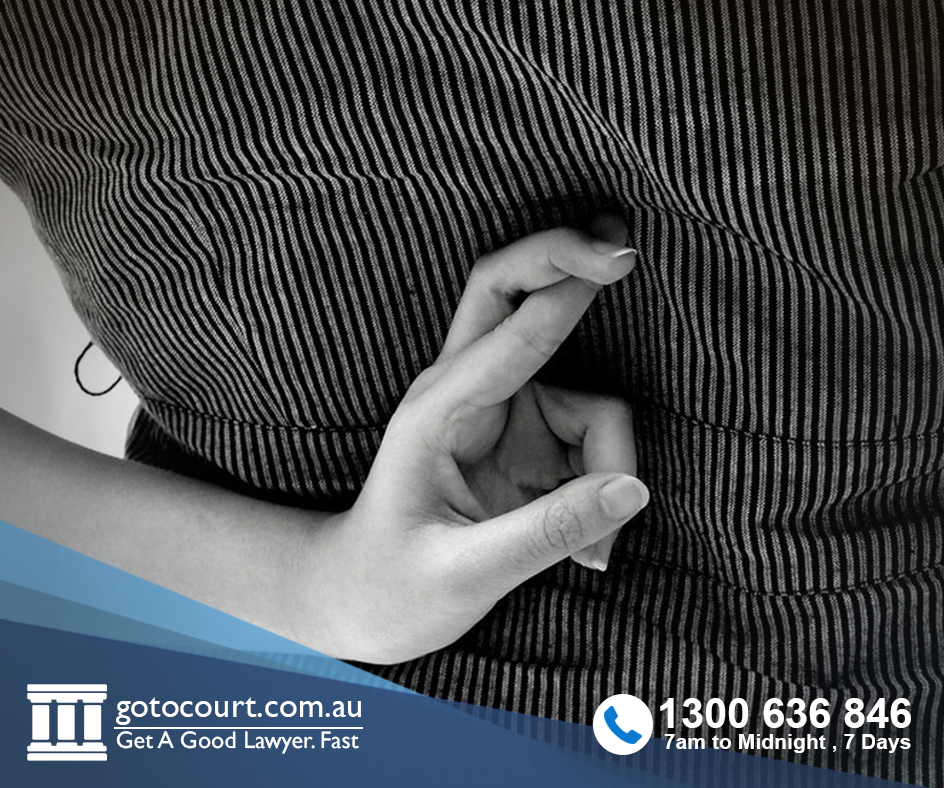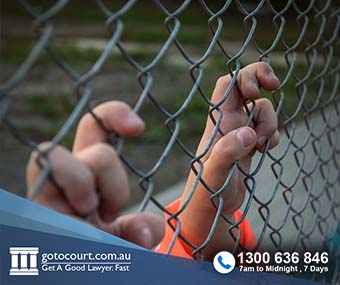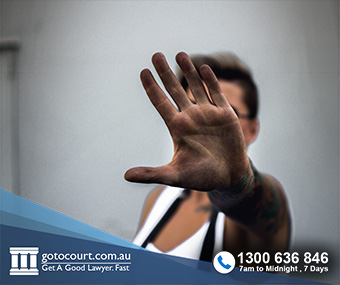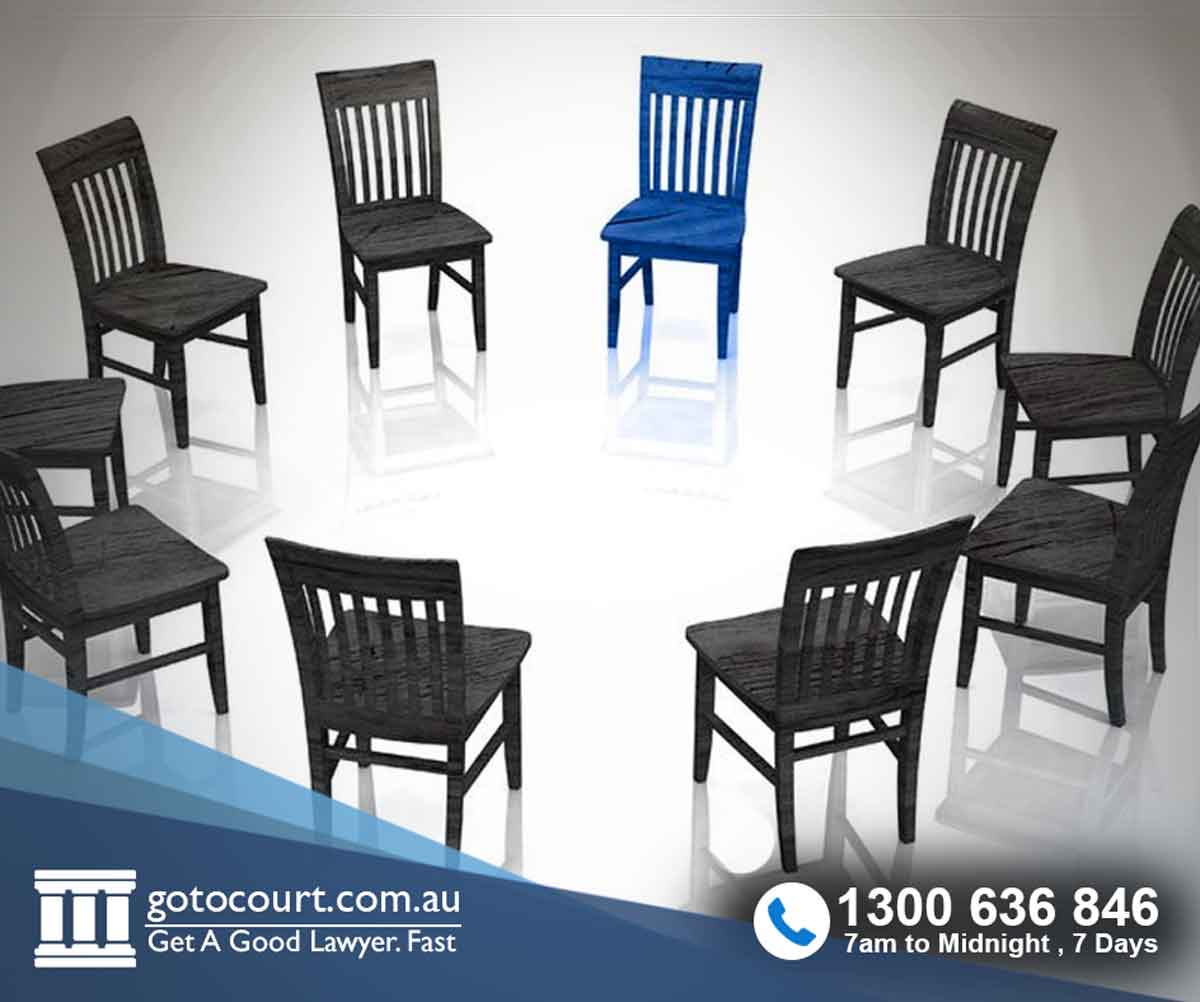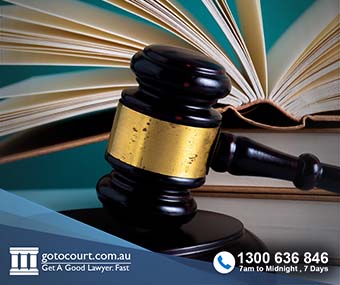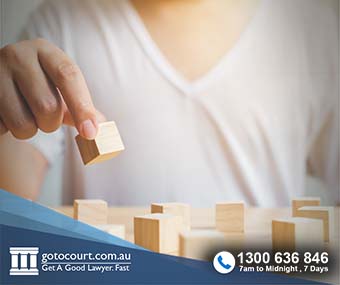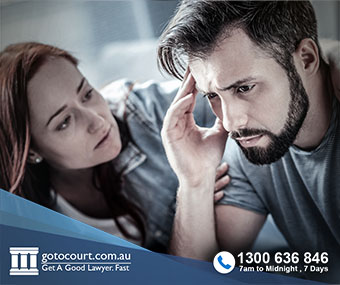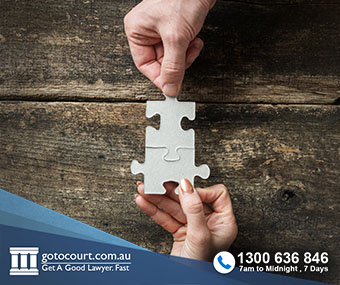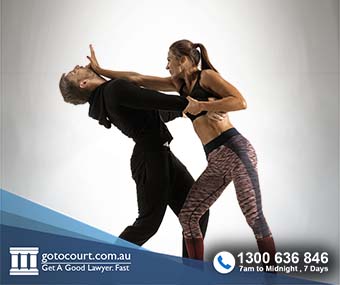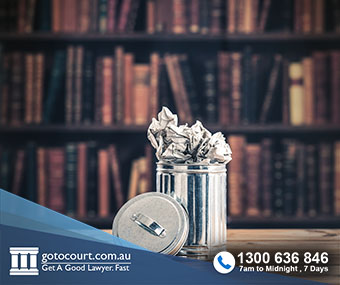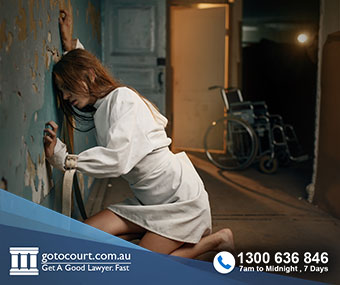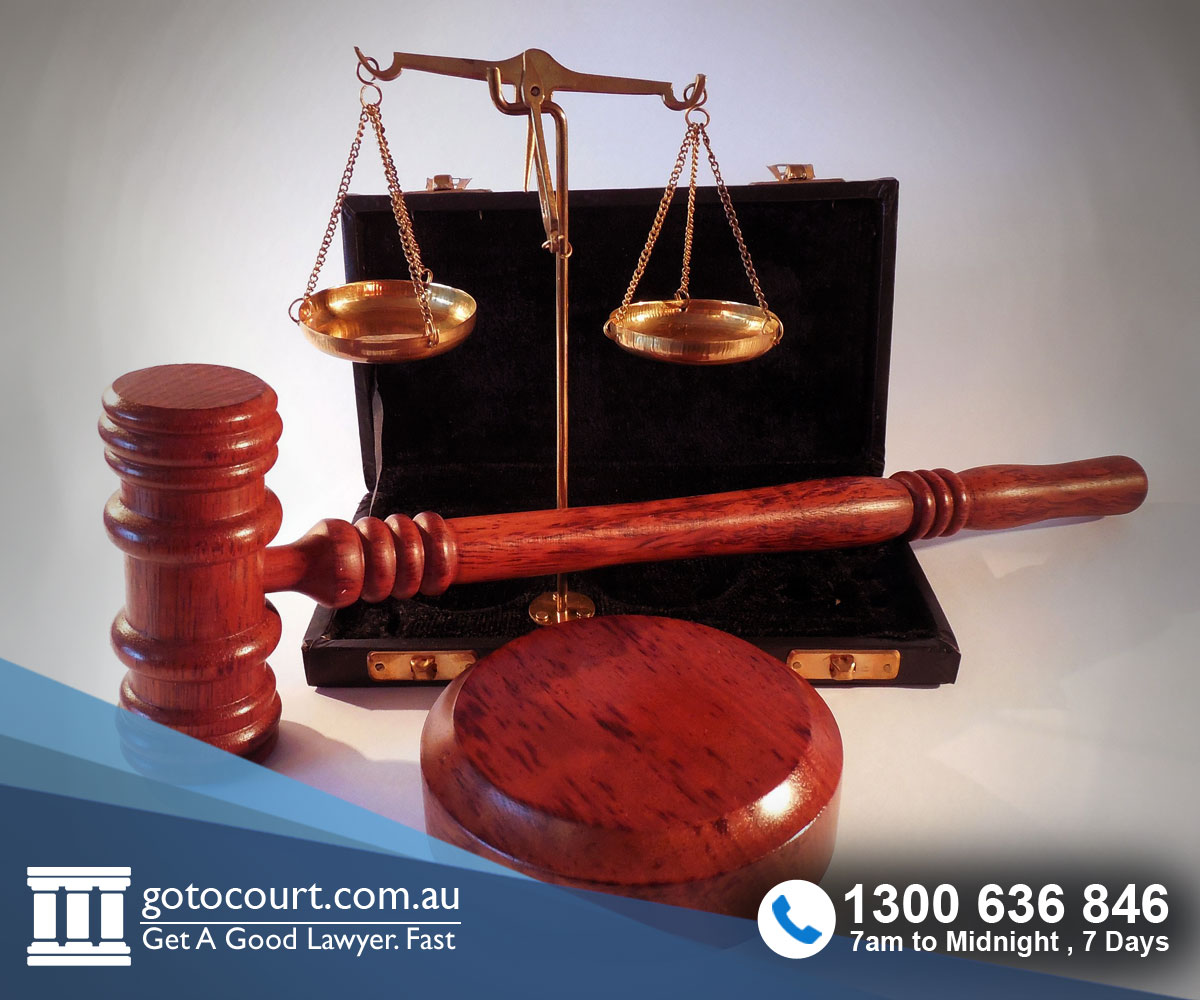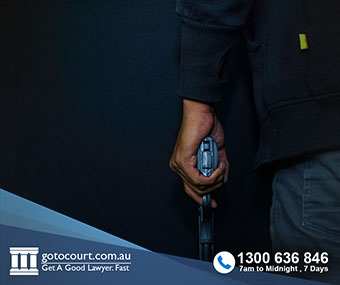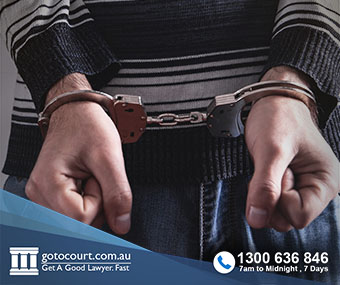Call our lawyers
now
or,
have our lawyers
call you
The Defence of Automatism (NSW)
Updated on Nov 21, 2022 • 4 min read • 561 views • Copy Link
The Defence of Automatism (NSW)
In order for an accused to be found guilty and convicted of a crime in NSW, the prosecution must be able to prove, beyond a reasonable doubt, that the person’s conduct was voluntary. Where a criminal act is committed in a state of automatism, this means that the offence was committed involuntarily. Case law makes it clear that if a crime was not committed voluntarily, then no crime has been committed and the accused must be found not guilty.
So what is automatism?
When an act is committed in the state of automatism, this means that the person committing the offence did so without any control or direction over what was being done. That is, their actions were involuntary and independent of their will.
This is different to acting out of necessity or duress, which is where one’s actions are necessary to survive or coerced by the will of another. Automatism refers to circumstances where a person is disassociated from the act, such that they are simply unable to control their own actions or conduct.
When relying upon this defence, the reason why this person is unable to control their actions or will must be due to some external factor which is out of their control. You are not able to use this defence if your actions were self-induced, or within your control, i.e. you deliberately took too much medication and suffered a bad reaction.
There are two types of automatism; sane automatism and insane automatism.
Sane automatism
Sane automatism refers to circumstances where a non-recurrent mental malfunction results in a person being unable to control their actions. The mental malfunction must be caused by an external factor, which was out of the person’s control. This may involve a physical incapacitation, or a psychological one.
Examples of sane automatism include offences committed whilst sleepwalking, suffering an epileptic fit or while under the influence of anaesthetic. Sane automatism can also occur when one’s conduct is the result of severe psychological trauma or post traumatic distress disorder.
For a defence of sane automatism to be raised, there are some essential elements that must be present:
- Some external factor caused the person to act the way they did;
- The actions were involuntary or unintentional; and
- The actions were not a result of a mental illness, rather a non-recurrent mental malfunction.
When this defence is raised, it is not the accused’s responsibility to prove that they were acting in a state of automatism. Rather, the prosecution must prove that the accused was acting voluntarily.
Insane automatism
Insane automatism arises when a ‘disease of the mind’ is present. This means that the accused’s state of mind was one of disease, disorder or disturbance arising from some condition. This disease or illness must have influenced the person’s actions or understanding of those actions.
When the defence of insane automatism is raised, the accused must prove on the balance of probabilities that:
- They were suffering from a ‘disease of the mind’ (i.e. mentally ill) at the time of the act; and
- As a result of this illness or disease, the accused did not appreciate the nature and quality of that act, or, did not know that it was wrong.
What happens if the court finds I acted in a state of automatism?
If a defence of sane automatism is accepted in court, the accused will be found not guilty. If an accused is found to have acted in a state of insane automatism, meaning that the accused was mentally ill, they will be found ‘not guilty by way of mental illness’. A finding of ‘not guilty’ and ‘not guilty by way of mental illness’ are very different results.
You should seek advice from a Criminal Lawyer as to whether the defence of automatism is available to you, and which category of automatism applies to your case.
If you require legal advice or representation in a criminal matter or in any other legal matter, please contact Go To Court Lawyers.


Affordable Lawyers
Our Go To Court Lawyers will assist you in all areas of law. We specialise in providing legal advice urgently – at the time when you need it most. If you need a lawyer right now, today, we can help you – no matter where you are in Australia.How It Works








1. You speak directly to a lawyer
When you call the Go To Court Legal Hotline, you will be connected directly to a lawyer, every time.


2. Get your legal situation assessed
We determine the best way forward in your legal matter, free of charge. If you want to go ahead and book a face-to-face appointment, we will connect you with a specialist in your local area.


3. We arrange everything as needed
If you want to go ahead and book a fact-to-face appointment, we will connect you with a specialist in your local area no matter where you are and even at very short notice.

